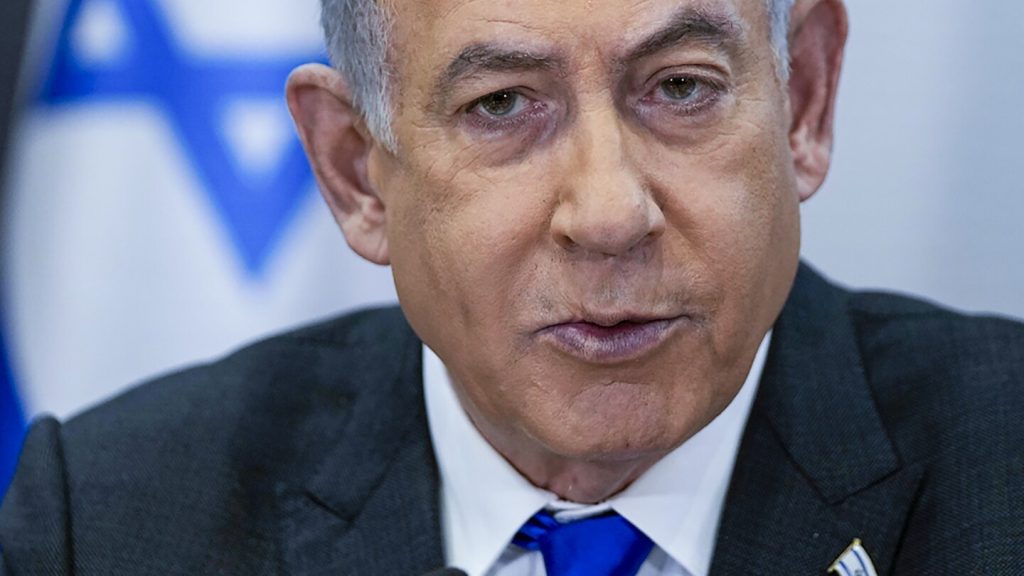Israeli Prime Minister Benjamin Netanyahu is set to address a joint meeting of Congress on July 24, amidst the ongoing Israel-Hamas war. Congressional leaders have confirmed the date of the address, despite political divisions over Israel’s military assault on Hamas in Gaza. House Speaker Mike Johnson and Senate Majority Leader Chuck Schumer, along with other top leaders, have invited Netanyahu to share the Israeli government’s vision for democracy, combating terror, and establishing peace in the region.
Netanyahu’s upcoming speech is expected to be met with protests both inside and outside the Capitol, highlighting the growing election-year divisions among Democrats over his handling of the war against Hamas. While Schumer has expressed disagreements with Netanyahu, he joined in the request for him to speak, emphasizing America’s ironclad relationship with Israel. However, some Democratic lawmakers critical of Netanyahu’s strategy, like Sen. Bernie Sanders, have stated they will not attend the address, calling Netanyahu a “war criminal.”
The relationship between President Joe Biden and Netanyahu has also been strained, with Biden publicly criticizing Israel’s handling of the war and pressuring Netanyahu to accept a proposed agreement to end the fighting in Gaza. The deal includes phases for a cease-fire, withdrawal of forces, and reconstruction of Gaza. Many Israelis have urged Netanyahu to accept the terms, while his far-right allies have threatened to leave his coalition government if he does so. Netanyahu’s decision on the peace deal will impact the attendance of supportive Democratic lawmakers at his address.
Congressional leaders, led by Johnson, have extended the invitation to Netanyahu to speak before Congress, with the Israeli leader expressing gratitude for the opportunity to represent Israel and present the truth about their war against those seeking to destroy them. Netanyahu’s visit to Congress comes at a critical juncture in the ongoing Israel-Hamas war and amidst growing political and public scrutiny of his handling of the conflict. Netanyahu’s acceptance or rejection of the proposed peace deal will have significant implications for his political future and could impact relations between Israel, the U.S., and other international allies.


